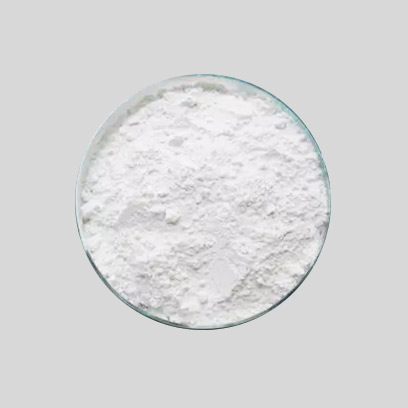Alterations in gut microbiota
...
2025-08-14 19:02
1399

Because of health risks, France banned titanium dioxide as a food additive in 2020. Two years later the European Union also banned titanium dioxide as a food additive.